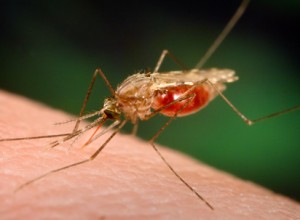WHO appeals for $56m to fight Zika virus
 The World Health Organization (WHO) has launched an appeal to raise $56 million to fight the Zika virus.
The World Health Organization (WHO) has launched an appeal to raise $56 million to fight the Zika virus.
The WHO in a statement issued Wednesday February 17, 2016 said it needs $25 million to fund its own response plan, and an additional $31 million to support the work of key partners.
According to the UN agency, the Zika virus is an emerging mosquito-borne virus that was first identified in Uganda in 1947 in rhesus monkeys through a monitoring network of sylvatic yellow fever. It was subsequently identified in humans in 1952 in Uganda and the United Republic of Tanzania. Outbreaks of Zika virus disease have been recorded in Africa, the Americas, Asia and the Pacific.
Key facts about the virus;- it is a virus disease is caused by a virus transmitted by Aedes mosquitoes; People with Zika virus disease usually have symptoms that can include mild fever, skin rashes, conjunctivitis, muscle and joint pain, malaise or headache. These symptoms normally last for 2-7 days; There is no specific treatment or vaccine currently available; The best form of prevention is protection against mosquito bites.
“The strategy focuses on mobilising and coordinating partners, experts and resources to help countries enhance surveillance of the Zika virus and disorders that could be linked to it,” the statement said, adding that other priorities are to control the populations of the mosquito species that carries Zika, as well as “communicate risks, guidance and protection measures, provide medical care to those affected and fast-track research and development of vaccines,” testing and treatment.
The WHO on February 1, 2016 declared the surge in cases of microcephaly and Guillain-Barre and their possible link to Zika an international public health emergency. While Zika itself typically involves mild, flu-like symptoms, fear about the condition has been driven by the likely link to microcephaly; which can cause severe birth malformations and defects — and Guillan-Barre, which can cause brain damage and even death.
The WHO also noted that it was financing its initial operations from an emergency contingency fund.
By Emmanuel K. Dogbevi
